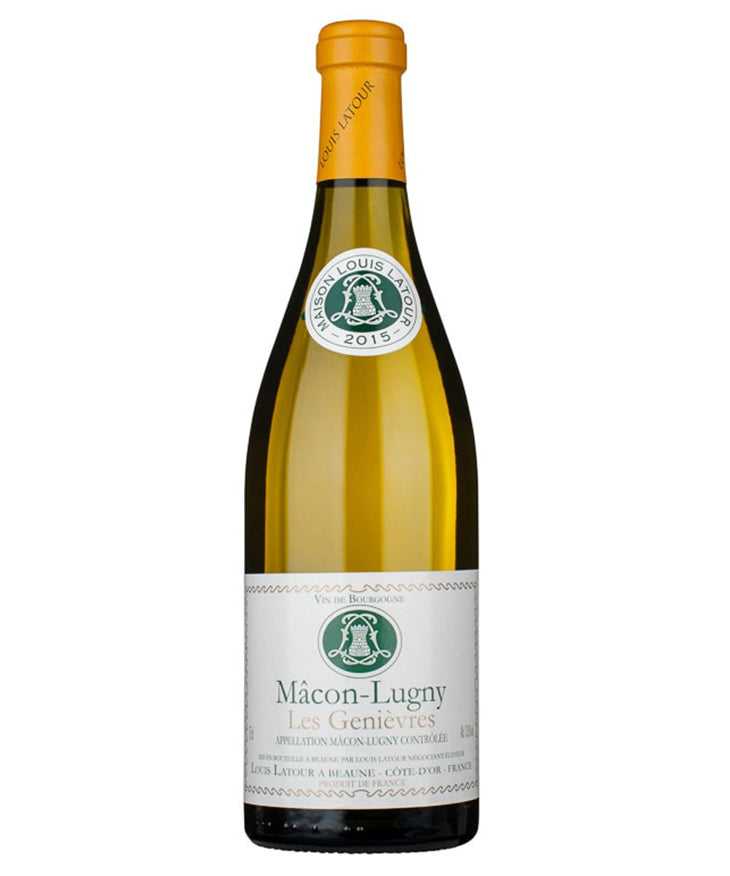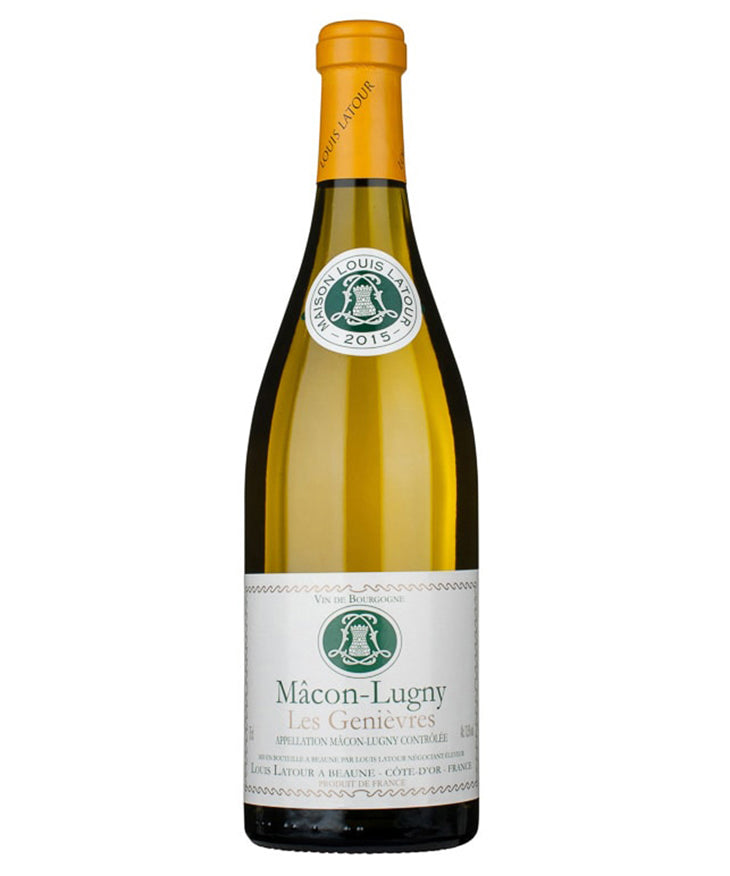Burgundy
Louis Latour Les Genievres Macon Lugny 2022
Couldn't load pickup availability
More Information
Share
Louis Latour Les Genievres Macon Lugny
Louis Latour Les Genievres Macon Lugny is characterized by a pale yellow colour and an aromatic nose of citrus fruit. The mouth is ample and offers delicious musky flavors with a beautiful intensity on the finish.
Domaine Louis Latour covers 48 hectares of vineyard, from the red Grand Cru of Chambertin and Romanée-Saint-Vivant in the Côte de Nuits to the white Grand Cru of Corton-Charlemagne and Chevalier-Montrachet in the Côte de Beaune. The company went from strength to strength during the 19th century culminating in the purchase of these exceptional sites. Today, Louis Latour's vineyards, represent the largest holding of Grand Cru vineyards in Burgundy.
Burgundy's varied and diverse terroirs are unique and the characteristics of each parcel are expressed through the single variety wines. In Burgundy our red wines are made from Pinot Noir and our white wines from Chardonnay. The grapes are hand harvested, Pinot noir grapes are sorted and de-stemmed whilst the whites are sorted and then taken directly to the press.
Boris Champy has been in charge of Domaine Louis Latour since 2008. Boris is from winemaking family in Champagne however he began his career in Bordeaux as an oenologist at Château Petrus before spending 10 years in California as head winemaker at Dominus Estate. He is a passionate about research and education and has put the experience gained in his early career to good use to good use since joining Louis Latour.
Since the early 1990s Maison Louis Latour have actively practiced sustainable viticulture and worked to preserve the ecosystems and biodiversity of their vineyards. Boris Champy shares this vision and is actively following and developing the work already put in place by his predecessors. It is in this spirit that Maison Louis Latour chose to practice traditional viticultural techniques where care of the soil is essential to allow the vines to grow in the best conditions. Several examples of our commitment to preserving the ecosystem are the use of cover crops between rows, production of our own compost and alternative non chemical pest control measures.
Louis Latour Les Genievres Macon Lugny - Hay Wines



